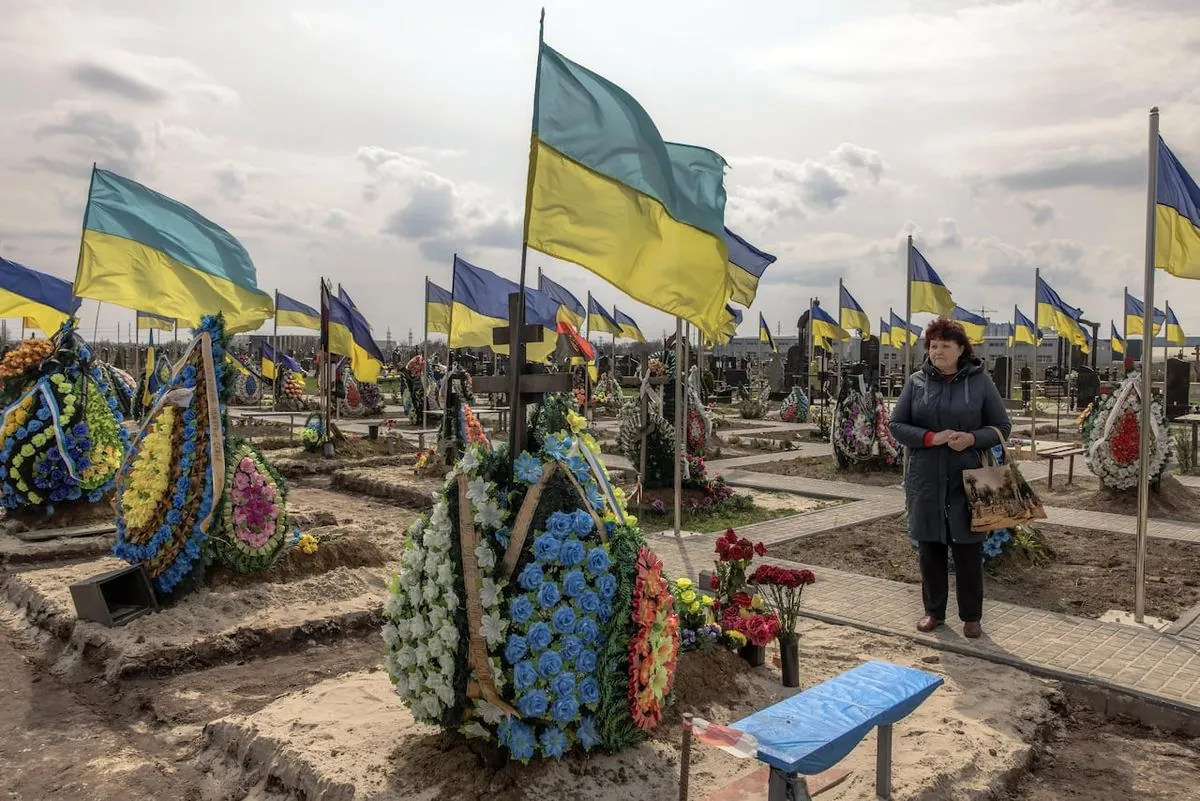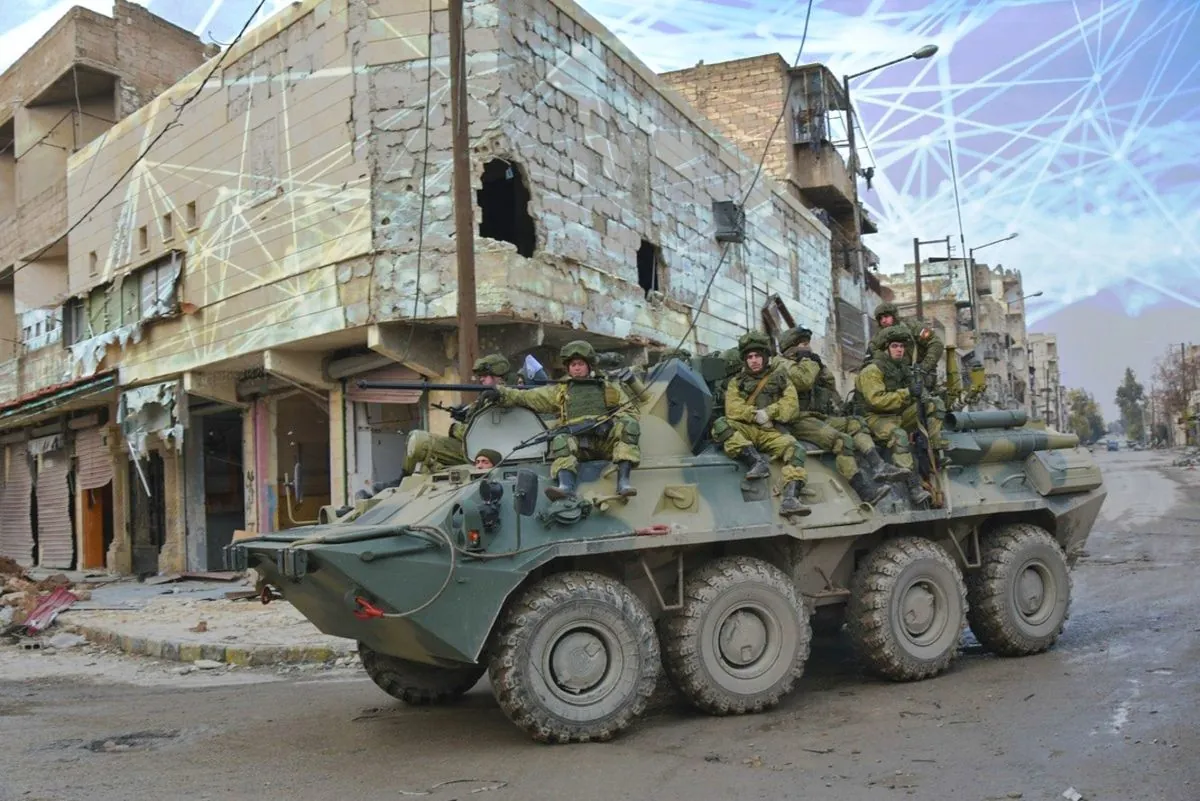Russian Elites Favor Ceasefire in Ukraine, Reject Major Offensives
Russian establishment figures support an early ceasefire in Ukraine along current battle lines, rejecting large-scale offensives. They believe Ukraine can't reclaim lost territories and see neutrality as crucial for peace.

Recent confidential discussions with members of the Russian establishment reveal insights into their perspectives on the ongoing conflict in Ukraine. These conversations, involving former diplomats, think tank members, academics, and businesspeople, shed light on the Russian elite's views on the war's potential conclusion.
The majority of those interviewed favored an early ceasefire along existing battle lines, with only a small minority advocating for complete victory or annexation of large new areas of Ukrainian territory. This sentiment aligns with public opinion polls conducted by the Levada Center, sponsored by the Chicago Council on Global Affairs, which showed equal support (62%) for immediate peace talks and refusal to return annexed territories to Ukraine.
Russian elites expressed high confidence that the Ukrainian military would be unable to reclaim significant lost territories. They also showed reluctance to capture major Ukrainian cities like Kharkiv, citing the high casualties and destruction involved in taking smaller cities like Bakhmut. This perspective is influenced by concerns about potential popular resistance to large-scale mobilization, particularly in major cities like Moscow and St. Petersburg.

The idea of attacking NATO was universally dismissed, with one interviewee stating:
"Look, the whole point of all these warnings to NATO has been to stop NATO from joining the fight against us in Ukraine, because of the horrible dangers involved. Why in the name of God would we ourselves attack NATO and bring these dangers on ourselves? What could we hope to gain? That's absurd!"
Regarding territorial claims, all interviewees insisted on retaining control over the four Ukrainian regions Russia claims to have annexed. However, there was openness to returning other occupied territories, such as parts of Kharkiv, in exchange for demilitarization. Ukrainian neutrality was unanimously considered essential for any peace settlement.
The Russian establishment is considering alternative ways to secure a peace settlement without formal Western military guarantees. Ideas include a peace treaty ratified by the UN Security Council and BRICS, as well as demilitarized zones secured by UN forces.
On the issue of "denazification," most interviewees suggested that Russia could be satisfied with a law banning neo-Nazi parties and symbols, similar to a clause in the 1955 Austrian State Treaty. They also emphasized the importance of linguistic and cultural rights for the Russian-speaking population in Ukraine.
While Vladimir Putin's public stance remains firm, as evidenced by his "peace proposal" in June 2024, the Russian elites believe he is capable of pragmatic decisions based on military realities. This was demonstrated by the withdrawal from Kherson city in November 2022, despite its strategic importance.
The future of Russian demands will largely depend on battlefield outcomes. If Ukraine maintains its current position, a ceasefire along existing lines is likely. However, a Ukrainian collapse could lead to more ambitious Russian goals, reminiscent of the conquests of Peter the Great and Catherine the Great.
As the conflict continues, understanding these perspectives from within the Russian establishment provides valuable insight into potential paths towards resolution and the challenges that lie ahead in achieving a lasting peace in the region.


































